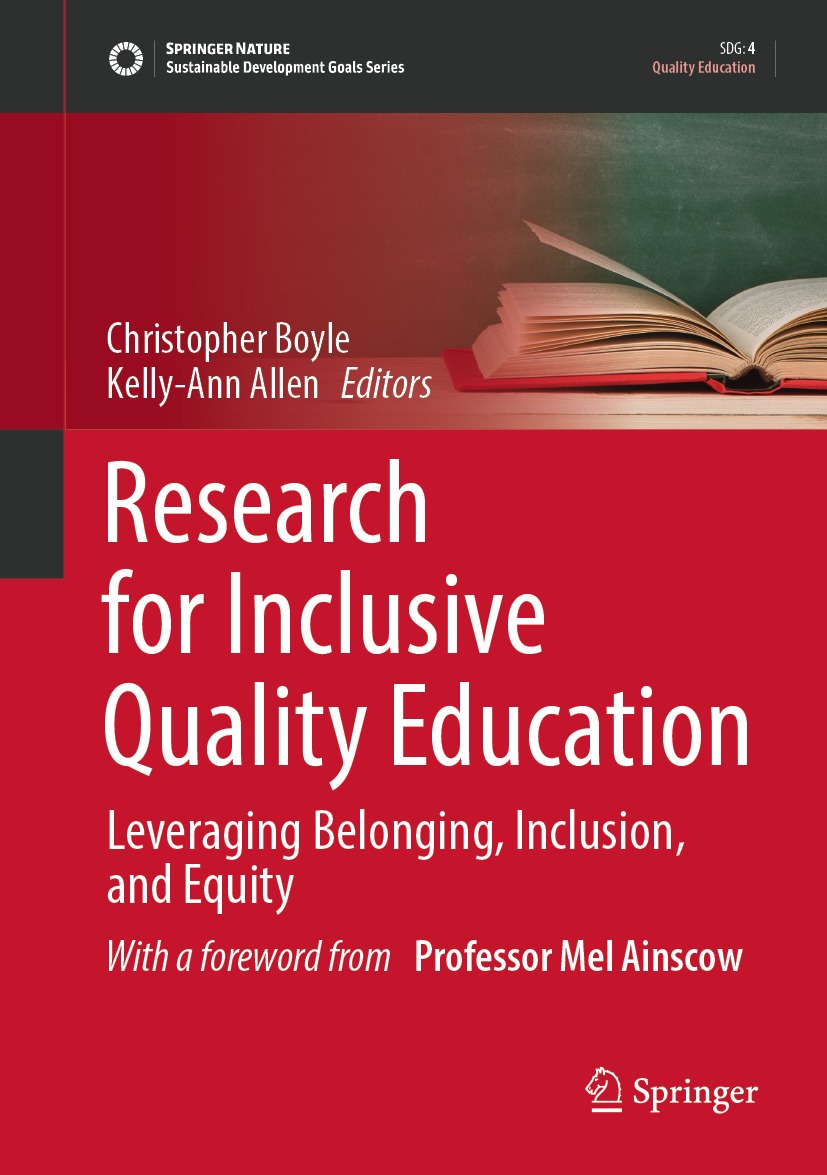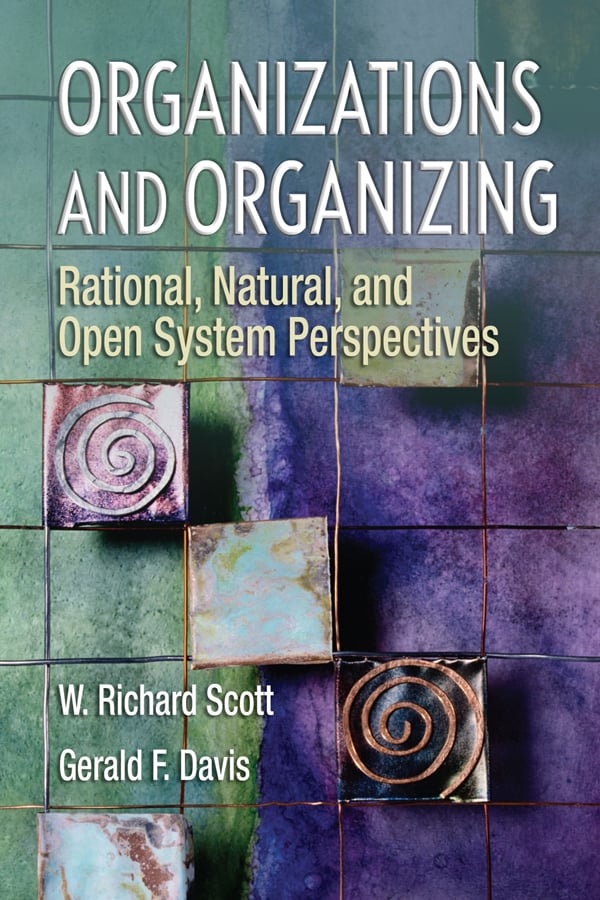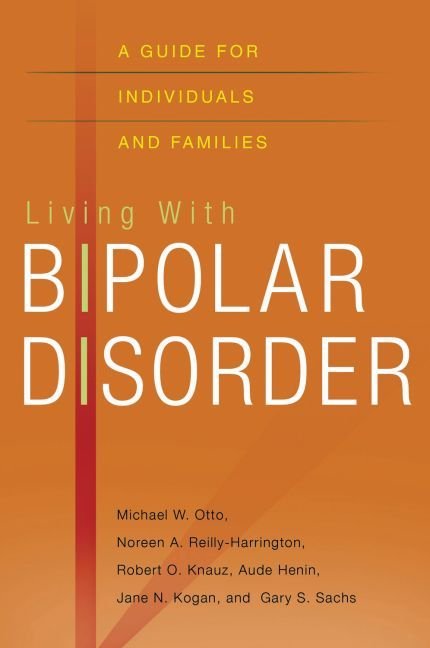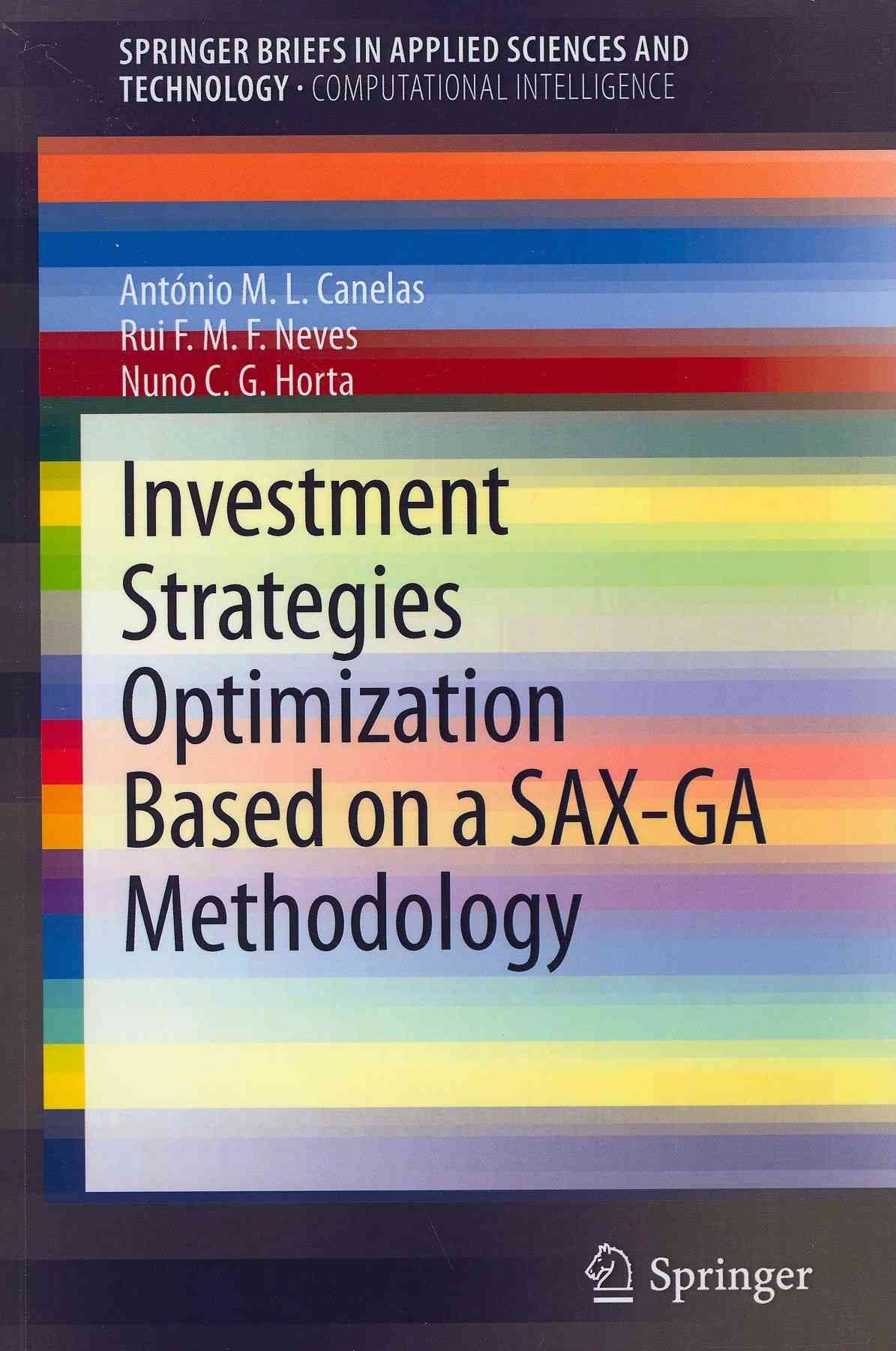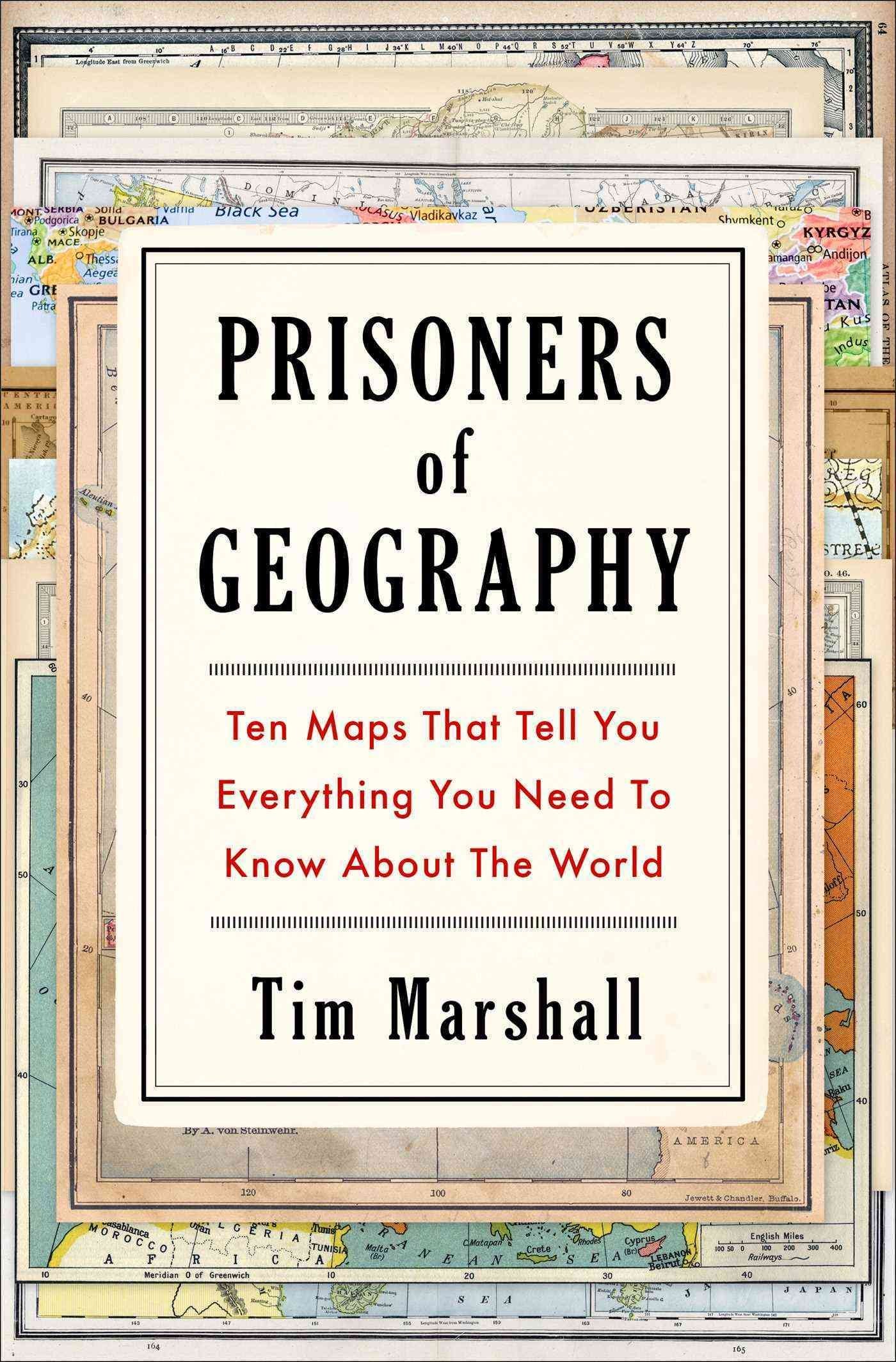This book explores contemporary perspectives and research on inclusion, providing a platform for discussing inclusion at an international level and its intersections with belonging and equity. How inclusion is defined and applied between schools, districts, and even countries can vary markedly; thus, an international understanding of inclusion is urgently needed. Experts from several countries in different regions present the latest research in the field of inclusion and provide practices and strategies guided by empirical research to address some of these issues.Schools are contextual organisations that represent the broader society, culture, and values in which they reside. Thus, how inclusion is practised at the society level has an implication on schools. The way we think about inclusion has shifted dramatically in the last decade - we now recognise that inclusion represents a broad spectrum of racial, ethnic, cultural, and sexual diversity that is seen in almost all modern schools. This book presents international perspectives and research on inclusion, belonging and equity to work towards a more consistent, collaborative, and global understanding.
